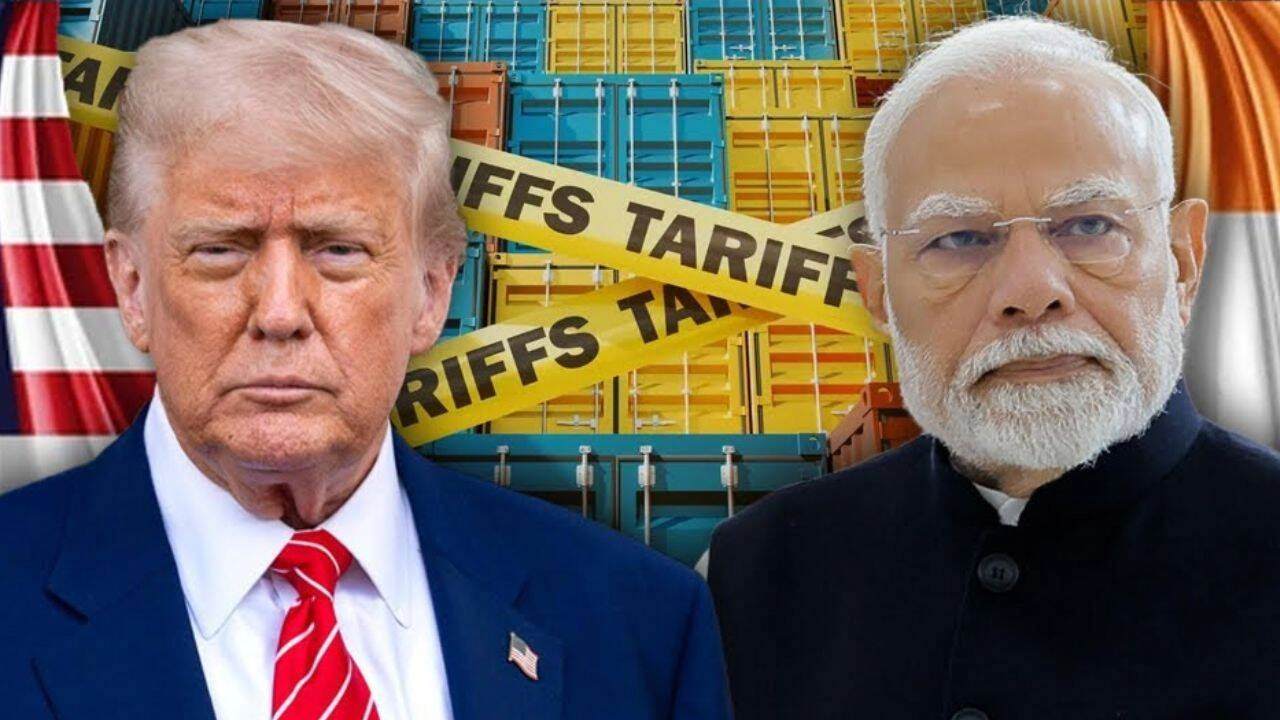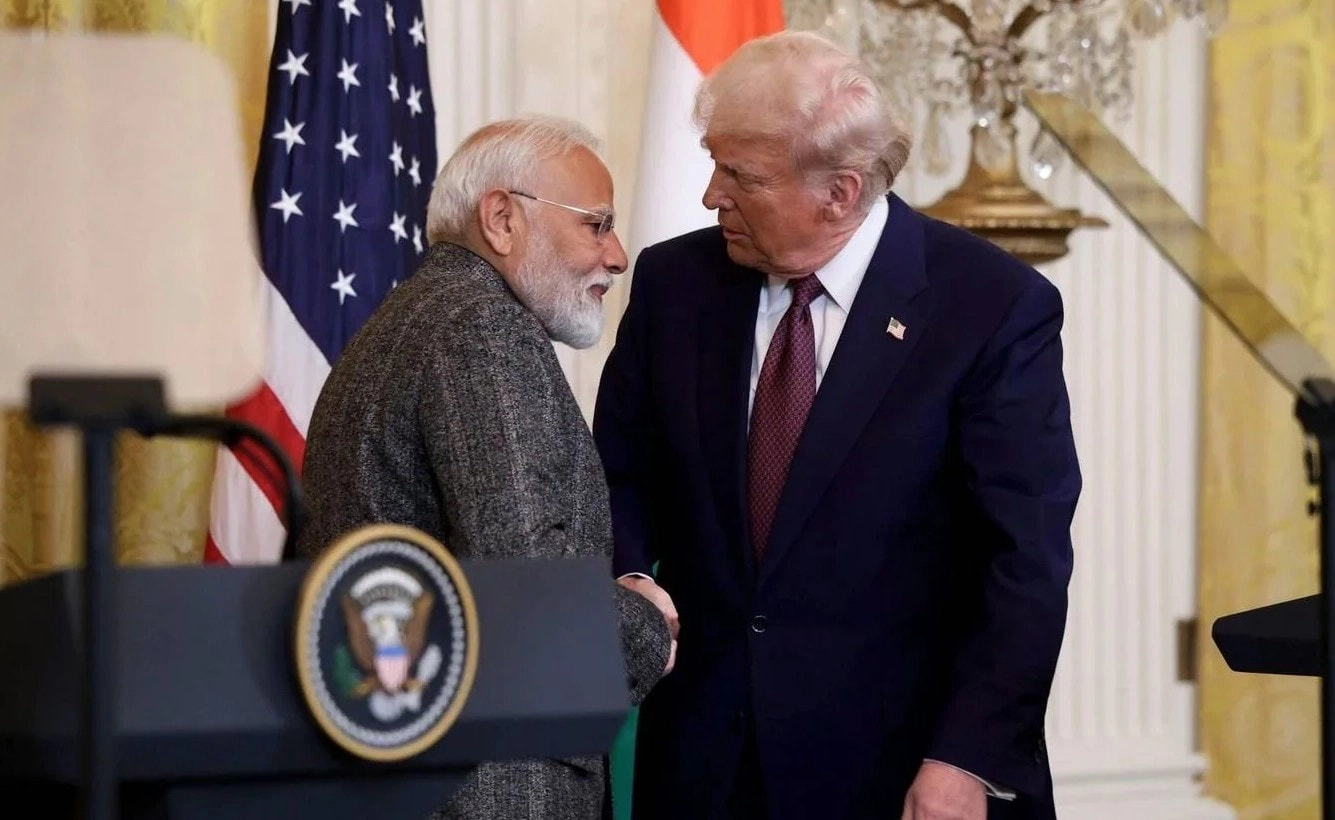In a recent statement, a former advisor to Donald Trump expressed sharp criticism of the administration’s tariff policies, describing them as a culmination of “shredded decades of efforts.” This remark highlights the contentious nature of trade policies that have evolved over the years and emphasizes the potential repercussions of the former administration’s approach to tariffs. The advisor’s comments suggest that the aggressive imposition of tariffs, particularly on imports from China and other countries, may have undermined long-standing trade relationships that were carefully cultivated over decades.
Tariffs, which are taxes imposed on imported goods, are often used as a tool to protect domestic industries from foreign competition. However, the former advisor argues that the Trump administration’s approach was not only reactionary but also detrimental to the overall economy. By escalating trade tensions through substantial tariffs, the administration may have disrupted established supply chains, increased costs for consumers, and led to retaliatory measures from other nations. This cycle of retaliation can create an environment of uncertainty, making it challenging for businesses to plan for the future.
Moreover, the advisor’s comments underscore a growing concern among economists and trade experts regarding the long-term implications of such policies. Tariffs can lead to price increases for consumers and may negatively impact sectors reliant on imported materials. The tension created by these policies can also inhibit international cooperation, which is crucial in addressing global challenges, including climate change and public health crises. As the global economy becomes increasingly interconnected, the need for collaborative trade practices that foster mutual growth becomes more apparent.
In reflecting on the consequences of the tariff policies, the former advisor seems to advocate for a more balanced and strategic approach to trade, one that would prioritize negotiation and diplomacy over unilateral action. This perspective suggests a desire to restore the foundational principles of international trade that have been pivotal in fostering economic growth and stability. Ultimately, the discussion surrounding tariffs and trade policy is not merely an economic issue; it is deeply intertwined with the broader geopolitical landscape and the future of international relations. As policymakers consider the way forward, it will be essential to weigh the immediate benefits of protectionist measures against the potential long-term costs of alienating allies and disrupting the global economy.




